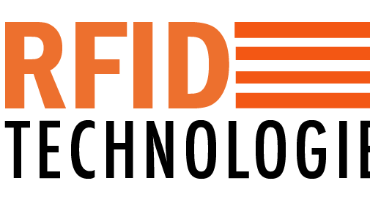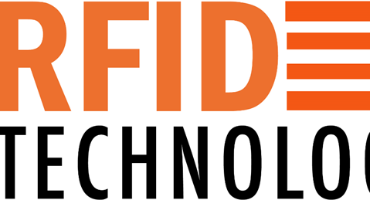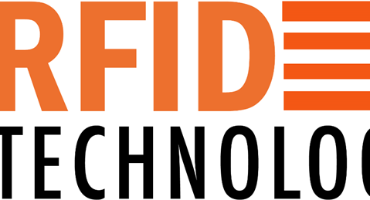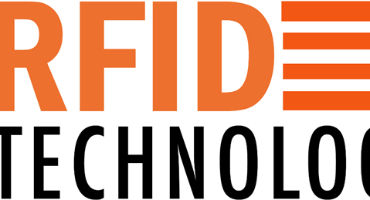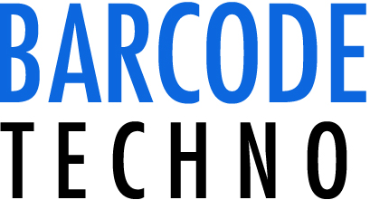Here's how RFID labels/tags can enhance operations in retail stores and e-commerce:
Inventory Management: RFID tags labels attached to individual products enable real-time tracking and monitoring of inventory. This provides retailers with accurate, up-to-date information about stock levels, allowing them to optimize their inventory management processes. With RFID, inventory counting can be automated and done more frequently, reducing manual effort and minimizing errors.
Supply Chain Visibility: RFID technology enhances visibility throughout the supply chain. Each UHF RFID tag labels carries a unique identifier that can be scanned at various points, such as during receiving, warehousing, and shipping. This enables retailers to track using RFID Readers - both Mobile Handheld UHF RFID Readers as well as Fixed-mount UHF RFID Readers the movement of goods from manufacturer to distribution center to the retail store. Improved visibility helps identify bottlenecks, streamline operations, and make informed decisions.
Shrinkage Reduction: RFID plays a significant role in reducing shrinkage, which refers to losses caused by theft, shoplifting, or administrative errors. By tracking individual items, retailers can quickly identify discrepancies between physical and recorded inventory. They can also implement RFID-based anti-theft systems, triggering alerts when unauthorized items pass through exit points.
Enhanced Customer Experience: RFID enables efficient inventory replenishment, ensuring that popular items are always available on store shelves or for online orders. This helps avoid stockouts and ensures a seamless shopping experience for customers. Additionally, RFID can facilitate self-checkout processes, allowing customers to scan multiple items simultaneously and expedite the payment process.
Streamlined Logistics: In e-commerce operations, RFIDlabel tags provide accurate and automated tracking of packages throughout the delivery process. This helps in optimizing logistics operations, reducing errors, and providing customers with real-time updates on the status of their orders. Retailers can also leverage RFID technology to improve the efficiency of their warehouse management systems and order fulfillment processes.
Cost Reduction: RFID technology can lead to cost savings in several areas. It reduces labor costs associated with manual inventory counting and reconciliation. By providing accurate inventory data, retailers can optimize their procurement and supply chain processes, minimizing overstocking and understocking situations. RFID also enables better demand forecasting, reducing excess inventory and associated holding costs.
RAIN RFID (a specific implementation of RFID technology) utilizes passive UHF RFID tag labels that can be read at longer ranges and in bulk, allowing for faster and more efficient inventory management. RAIN RFID systems are scalable and can handle large volumes of products, making them suitable for retail stores and e-commerce operations.
Implementation of RFID labels/tags, particularly RAIN RFID, can greatly benefit retailers and their logistics operations by improving supply chain visibility, enhancing inventory accuracy, reducing costs, and minimizing shrinkage.

